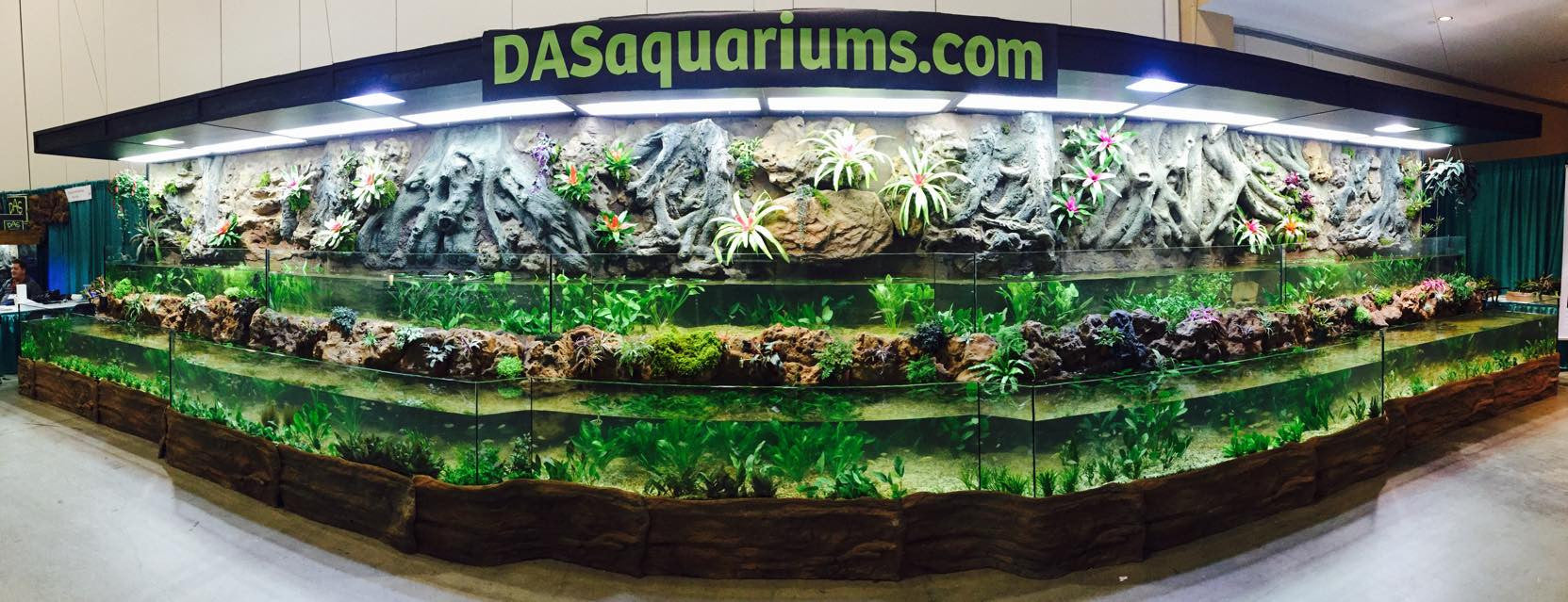

Achieving optimal bacteria growth requires slowing the water flow and providing an ideal surface area for beneficial bacteria. Our High-Density Foam Spools have been proven filtration systems for over 50 years.
It's simple yet incredibly effective.
Experience optimal biological filtration with these ideal conditions:
- Large Surface Area To allow Bacteria to attach itself
- Slow Contact time to allow bacteria to thrive and multiply
- Enough Oxygen in the water to support Bacteria
- Optimum Temperature to keep Bacteria Alive
Benefits of our Foam Filter Spool Filtration Systems:
- High density spiral foam spool allows rapid bacteria colonization
- Provides large surface area for nitrifying bacteria
- Filtration Spool features spiraled dual density construction which increases contact time
- Correct contact time with filtration spool ensures efficient decomposition of ammonia and nitrite
- Open filter design provides more oxygen for nitrification
- Filtration Spool traps large quantities of detritus and particulate matter
- No leaks, noise and other potential problems like with external filters
- Low Maintenance - Squeeze the spool in aquarium-safe water once every 3 to 6 months depending on the bacteria load of the aquarium
Nitrogen Cycle
Fish produce ammonia directly both as a by-product of respiration and as a waste product from the digestion of foods. Uneaten food, plant materials, and other organic items that decay in the tank are also converted to ammonia. Ammonia, a nitrogen-based compound, is extremely toxic. In an aquarium, it can build up quickly and threaten all the fish in the tank. Nature, as usual, has a solution to the problem. A species of bacteria known as Nitrosomonas will actually consume ammonia, as long as there is enough dissolved oxygen in the water to support the bacteria it will enable bacterial colonies to propagate and break down waste. Biological filtration is the action of bacteria in the tank breaking down dangerous ammonia, converting them to nitrites, and then the nitrites to the less toxic nitrates. The process of biological filtration, also known as the nitrogen cycle, involves the movement of harmful wastes through the filter.A lot of biological filters today provide a separate area or wheel for the specific task of growing the necessary bacteria to complete the nitrogen cycle. These good nitrifying bacteria will grow in other places in the aquarium and on other filter media but not with as great a number. It is hard to argue the success of these new filters and their ease of providing high quality filtration. Regardless of which system you use to provide biological filtration, it is the most important part of maintaining the water quality.

